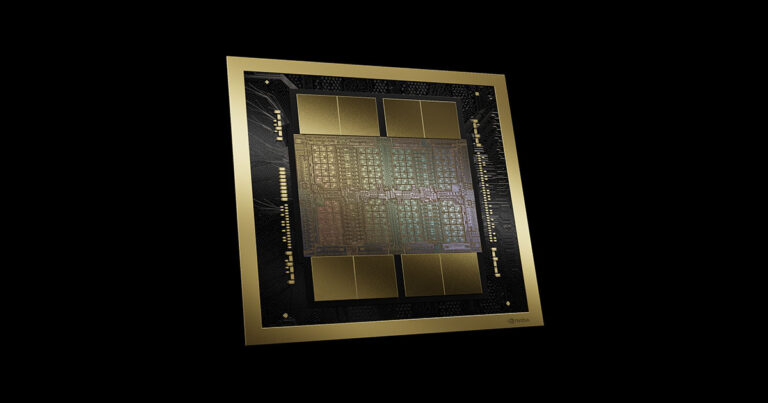Introduction: In a groundbreaking leap forward, engineers at the University of Pennsylvania have unveiled a cutting-edge chip that harnesses the power of light to revolutionize artificial intelligence (AI) processing. This innovative silicon-photonic (SiPh) chip not only promises unprecedented processing speeds but also addresses key concerns related to energy consumption and data privacy, marking a significant advancement in the field of AI technology.
The Light-Powered Revolution: The chip, developed by a collaborative effort between the research groups led by Benjamin Franklin Medal Laureate Nader Engheta and Associate Professor Firooz Aflatouni, represents a convergence of nanoscale manipulation expertise and the Silicon Photonics platform. Unlike conventional chips that rely on electricity, this chip utilizes light waves to perform complex mathematical computations, offering a quantum leap in processing efficiency.
Vector-Matrix Multiplication Redefined: Published in Nature Photonics, the paper outlines the chip’s prowess in performing vector-matrix multiplication, a fundamental mathematical operation crucial for the development and functioning of neural networks, the backbone of contemporary AI tools. The key innovation lies in the deliberate variation of silicon thickness in specific regions, enabling control over the propagation of light through the chip. This variation facilitates light scattering in predefined patterns, allowing the chip to execute mathematical calculations at the speed of light.
Commercial Viability and Adaptability: Remarkably, the chip is already poised for commercial applications due to the design considerations adhering to commercial foundry constraints. According to Aflatouni, the SiPh platform could potentially be incorporated into graphics processing units (GPUs), offering a substantial boost to AI system development. The adaptability of this technology opens the door to accelerated training and classification processes, meeting the escalating demand for enhanced computational capabilities in the AI domain.
Privacy by Design: Beyond the improvements in speed and energy efficiency, the Engheta-Aflatouni chip introduces a novel approach to data privacy. With the ability to perform multiple computations simultaneously, the chip eliminates the need to store sensitive information in a computer’s working memory. This feature renders future computers powered by this technology virtually impervious to hacking attempts, as there is no existing memory for potential breaches. Aflatouni emphasizes, “No one can hack into a non-existing memory to access your information.”
Conclusion: The unveiling of the light-powered chip from the University of Pennsylvania marks a significant milestone in AI processing, offering a tantalizing glimpse into a future where computation occurs at the speed of light. With the potential to redefine the landscape of AI technology, this chip not only promises faster and more energy-efficient processing but also introduces a groundbreaking approach to data privacy. As the field of AI continues to evolve, innovations like these pave the way for a new era in computational efficiency and security.












